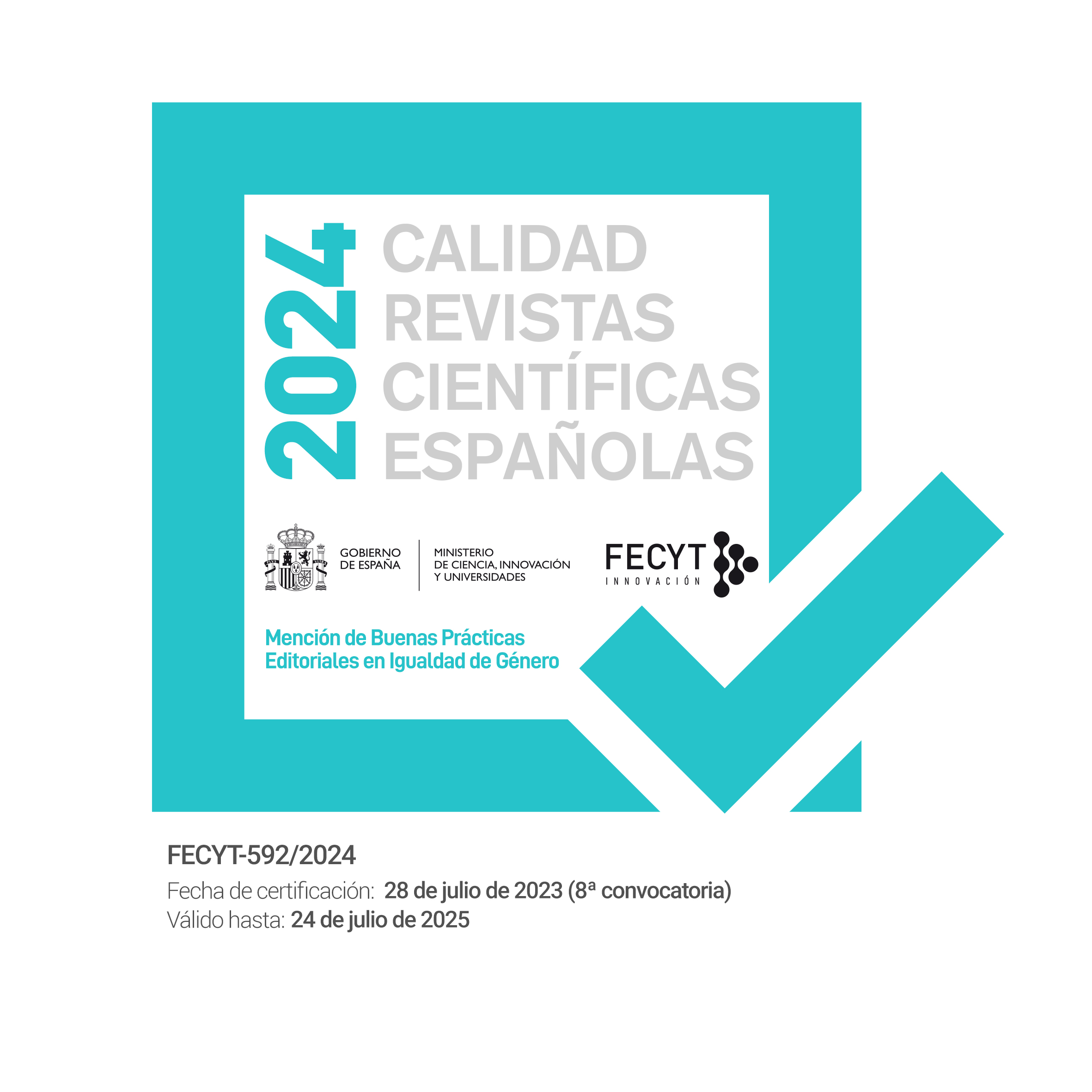Do they take the Advice? The Utilization of the TEC’s Recommendations on the International Tsunami Response on Local Capacities in Aceh, Indonesia
Abstract
Guaranteeing the quality of the humanitarian sector has been challenging for some time. Several initiatives took place to enhance the performance in the field. Nevertheless reaching standards and avoiding mistakes is still not an organization’s forte. So far, evaluation is the main tool for assessing the quality of humanitarian programmes that are providing accountability and the opportunity for learning from weak performance. But the added value of an evaluation is not always appreciated. Often it is seen as an additional burden to answer donor’s request and a tool for destroying the organization’s reputation. Change is rarely seen after conducting evaluations. Therefore, it is often assumed that an evaluation has no added value. This study aims to investigate an evaluation’s utilization. The case selected is the Joint Evaluation of the international response to the Indian Ocean tsunami carried out in autumn 2005 in Aceh, Indonesia. The focus lies rather on its facilitation of learning than on providing accountability. The following study will asses to what extend the recommendations of the evaluation have been used and find out if the humanitarian performance improved.
Published online: 11 December 2017
Downloads
Deusto Journal of Human Rights / Revista Deusto de Derechos Humanos is an Open Access journal; which means that it is free for full and immediate access, reading, search, download, distribution, and reuse in any medium only for non-commercial purposes and in accordance with any applicable copyright legislation, without prior permission from the copyright holder (University of Deusto) or the author; provided the original work and publication source are properly cited (Issue number, year, pages and DOI if applicable) and any changes to the original are clearly indicated. Any other use of its content in any medium or format, now known or developed in the future, requires prior written permission of the copyright holder.



3.jpg)
3.jpg)
3.jpg)
.jpg)








